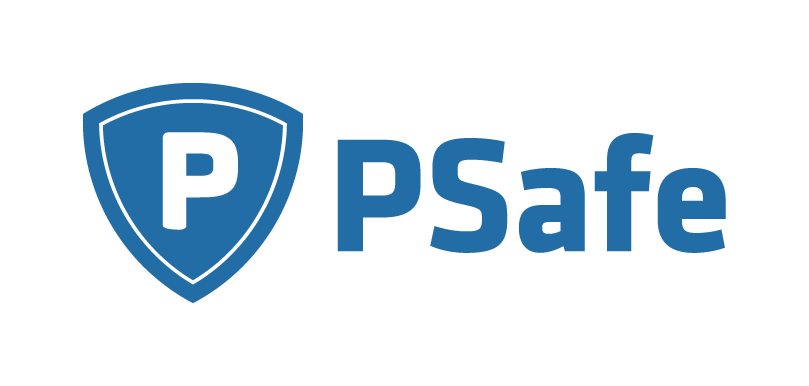5 Tricks for Creating Stronger Passwords
Yes, it’s a tricky balance to remember all your various passwords without making yourself vulnerable to hacking. But the good news is that it can be done.
There are many different ways that you can browse the Web more safely. You can start by creating stronger passwords, informing yourself on common online scams, and running regular virus scans on your devices. Further, use DFNDR’s Anti-Hacking feature to protect you from phishing scams and fake websites designed to steal your information and money. Once activated, you’ll receive warnings about malicious sites so you can ensure that your personal information is never stolen. Click here to block malicious websites as you browse the Web:

Read More: Here Are the Most Common Passwords, Ranked
- Remember the Rules
Passwords should be at least eight characters long, and should be complex: they should contain lower case letters, upper case letters, numbers, and special characters. The longer you can make your password, the better.
- Don’t be Too Obvious
Don’t create obvious passwords or PINs. PIN numbers like 0000, 1111, 2222, or 1234 are very common: up to 20% of those in use are accounted for by these common sets of numbers. Additionally, don’t be too personal with your password. Don’t use your phone number, your birth date, or your social security number when making your password.
- Use a Passphrase
One of the biggest reasons people make simple passwords is that they want to make sure they will remember them. To remember your password while still being complex, use a passphrase. A passphrase could incorporate a line from your favorite movie, song, or television show while still using the rules of complexity detailed in rule #1. For example, your passphrase might be: “Sweet*H0me*Ala8ama.”
- Use a Password Manager
If you have trouble remembering your passwords, use a password manager. With a password manager, like 1Password or LastPass, you’ll ensure that you have a unique and encrypted password that you can store safely on the cloud or transfer to your phone.
- Don’t Use a One-Size-Fits-All Password
If a hacker figured out your password for one website, and you used the same password everywhere, he’d have all your information. That’s why it’s so important to create a unique password for every account that you have.


